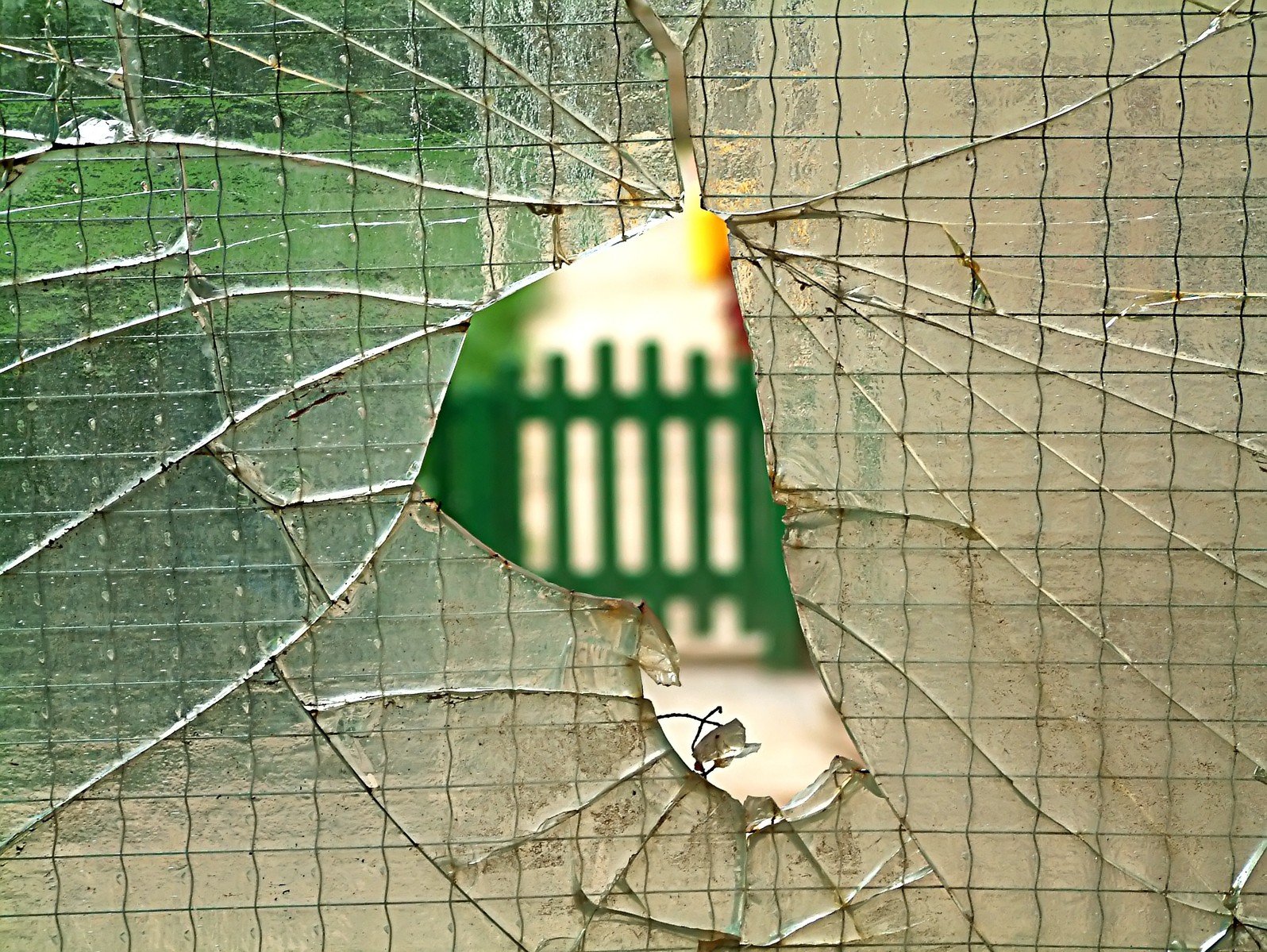
Of all the books of the Torah, Deuteronomy is considered by many to be the most spiritual.
In the coming weeks, we will encounter passages which explain the true nature of God’s absolute oneness. Other verses will explain how finite beings can achieve a personal relationship with our infinite creator.
However, this week’s Torah portion (Deuteronomy 1:1–3:22, focuses on something very different. Rather than launching into spiritual motifs, the beginning of the fifth book of the Torah recounts many of the challenges and battles the Jewish people underwent during their 40 years in the Sinai desert.
These challenges teach an important lesson about the pursuit of spirituality.
Overcoming challenges serve as a preparation for achieving a spiritual connection with God. Challenges humble our spirit and strengthen our character traits, thereby, making us a proper vessel to receive a revelation of our intrinsic spirituality.
Furthermore, in this week’s Haftora (prophetic reading), a profound statement provides another means for reaching this end. Isaiah said, “Zion will be restored by justice; those who repent will be revived by righteousness (Tzedakah)” (Isaiah 1:27).
Acts of kindness, justice and righteousness redirect our material nature and instincts to a higher and more meaningful purpose. Acts of justice and righteous can achieve, in a positive and self-motivated way, what challenges accomplish.
The word Tzedakah, found in Isaiah 1:27, can also mean charity.
If our day and age, when civility and the rule of law seem to be on the decline, we need to refocus our efforts, reconnect to a higher spiritual calling, and save our broken world.
We can do this by rededicating ourselves and society to acts of kindness and charity.
In additional to “repairing the world.” charity (the act of giving to others) is a means to experiencing a personal relationship with God, as it says, “by giving charity I perceive God countenance” (Psalm 17:15).
May the Shabbos be a source of inspiration to transform the world into a more kind and spiritual existence.
Shabbat Shalom,
Rabbi Bentzion Kravitz